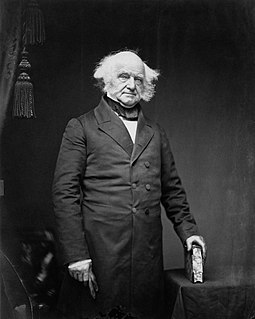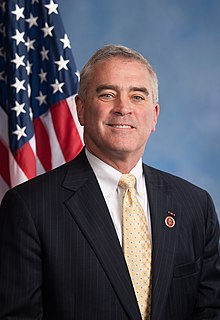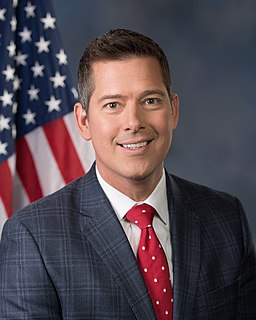A Quote by Martin Van Buren
The less government interferes with private pursuits, the better for general prosperity.
Quote Topics
Related Quotes
Hence, the less government we have, the better,--the fewer laws, and the less confided power. The antidote to this abuse of formalGovernment, is, the influence of private character, the growth of the Individual; the appearance of the principal to supersede the proxy; the appearance of the wise man, of whom the existing government, is, it must be owned, but a shabby imitation.
Real prosperity comes from everybody in the country working together in a growth mode. Real prosperity comes as a result of people's own initiative and efforts and so forth. Prosperity, if it comes from the government, is not prosperity. It's an existence or a subsistence or whatever, but it isn't prosperity.
Government is instituted for the common good; for the protection, safety, prosperity, and happiness of the people; and not for profit, honor, or private interest of any one man, family, or class of men; therefore, the people alone have an incontestable, unalienable, and indefeasible right to institute government; and to reform, alter, or totally change the same, when their protection, safety, prosperity, and happiness require it.
Each pursues his private interest and only his private interest; and thereby serves the private interests of all, the general interest, without willing it or knowing it. The real point is not that each individual's pursuit of his private interest promotes the totality of private interests, the general interest. One could just as well deduce from this abstract phrase that each individual reciprocally blocks the assertion of the others' interests, so that, instead of a general affirmation, this war of all against all produces a general negation.
Year after year in Washington, budget debates seem to come down to an old, tired argument: on one side, those who want more government, regardless of the cost; on the other, those who want less government, regardless of the need....Government has a role, and an important role. Yet, too much government crowds out initiative and hard work, private charity and the private economy....Government should be active, but limited; engaged, but not overbearing.
Indeed, my wish is quite simple: if we could learn to recognise and evade the biggest errors in our thinking - in our private lives, at work or in government - we might experience a leap in prosperity. We need no extra cunning, no new ideas, no unnecessary gadgets, no frantic hyperactivity - all we need is less irrationality.
It may be laid down as a general rule, that their confidence in and obedience to a government, will be commonly proportioned to the goodness or badness of its administration . . . . Various reasons have been suggested in the course of these papers, to induce a probability that the general government will be better administered than the particular governments.
What is so bad about big government? My indictment of big government is that it is bad because it attacks liberty, prosperity, progress, harmony, and morality. Thanks to big government, we have significantly less of all of those good things than we would if we had been able to keep government right-sized. Big government is cancerous. Like a cancer, it hurts the body and tends to spread, doing more and more harm as it grows. It is time for some radical surgery.
I believe each individual is naturally entitled to do as he pleases with himself and the fruit of his labor, so far as it in no wise interferes with any other mans rightsthat each community, as a State, has a right to do exactly as it pleases with all the concerns within that State that interfere with the right of no other State, and that the general government, upon principle, has no right to interfere with anything other than that general class of things that does concern the whole.
































